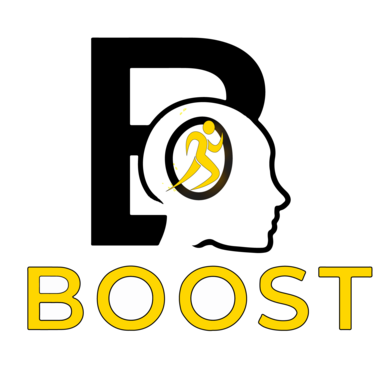
AI image of woman running by a lake
Cognitive control refers to the ability to flexibly behave according to our goals, even in the face of environmental change, habitual routines, or more immediately compelling behaviors.

An example of the relationship between cognitive control and health behaviors is moderate to vigorous physical activity, which is bodily movement that increases breath and heart rate and for inactive adults, can evoke negative affect associated with difficulty and muscle soreness. If such negative affect is not regulated, the motivation to feel better by relieving negative feelings can lead to quitting the physical activity and avoiding future physical activity. However, evidence to-date for the relationship between cognitive control and regular physical activity has not experimentally distinguished between cognitive control applied to neutral or affective, or emotionally valanced, stimuli.
The central goals of the BOOST Observational study are to test (1) whether, and to what extent, cognitive control for neutral and emotionally valanced stimuli are distinct constructs in middle-aged adults, and (2) the strength of the relationship between cognitive control for neutral and emotionally valanced stimuli and regular physical activity.
The study is open to people of all gender and racial-ethnic identities and targets adults ages 40 to 65, with a full-time working status (at least 35 hours per week). Following an initial screening visit, participants will be invited to complete a cognitive assessment session located at our lab in Iowa City, or our research facility, located in Cedar Rapids. Participants will also be provided with an activity monitoring device, which will be worn on the wrist to measure physical activity over the course of one week.
Results from this study will help us to understand whether our ability to pay attention to and/or ignore information with affect and emotion is related to health behaviors that can evoke negative affect during behavior change, like moderate to vigorous physical activity. We hope that this information will help us identify ways to increase physical activity participation by improving the specific cognitive abilities that are related to maintained exercise and physical activity behaviors.
Persons interested in participating in the BOOST Observational study can fill out an online eligibility form at https://redcap.icts.uiowa.edu/redcap/surveys/?s=TX77FW48CKHMD8FK. Questions may be addressed to our lab email at pbs-hbclab@uiowa.edu